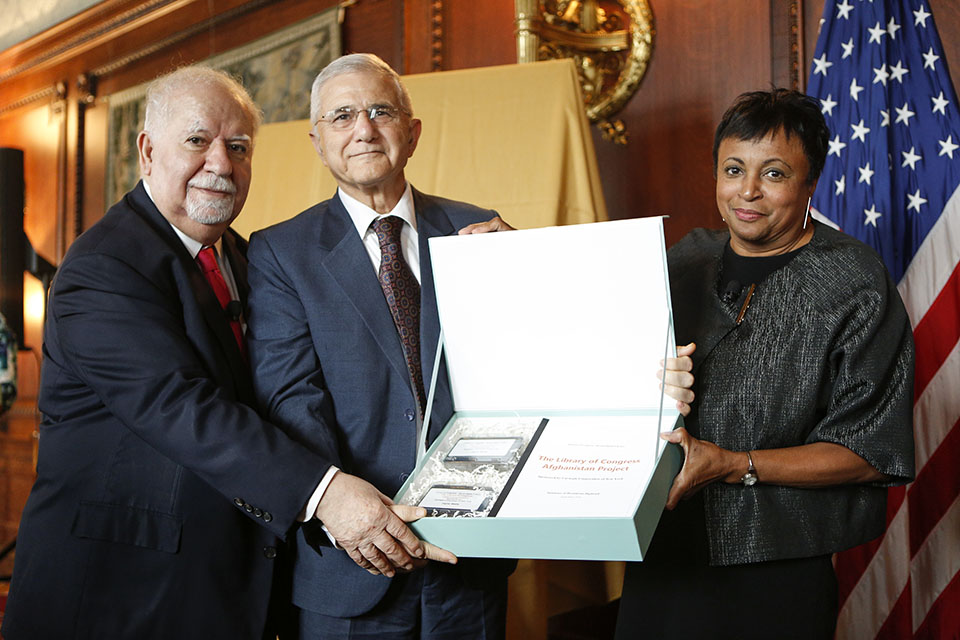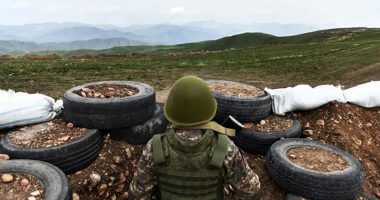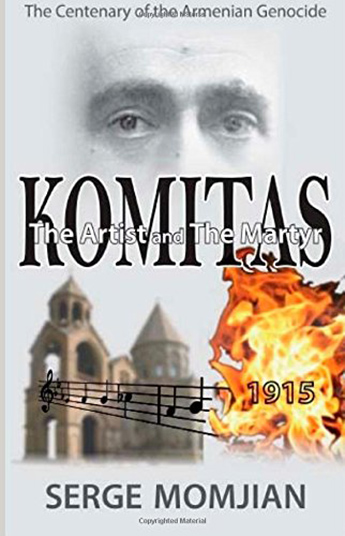WASHINGTON, DC — The Library of Congress has completed a three-year project, financed by Carnegie Corporation of New York, to digitize holdings of the Library of Congress relating to the culture and history of Afghanistan, for use by that nation’s cultural and educational institutions.
Librarian of Congress Carla Hayden, joined by Carnegie Corporation of New York President Vartan Gregorian, presented hard drives containing more than 163,000 pages of documents to the Afghan Minister of Information and Culture, Abdul Bari Jahani, and to Abdul Wahid Wafa, Executive Director of the Afghanistan Centre at Kabul University.
The officials accepted the gift for 10 Afghan institutions that will receive complete collection sets: the National Library of Afghanistan, the National Archive of Afghanistan, American University of Afghanistan, Badakhshan University, Balkh University, Bamiyan University, Herat University, Kabul University, Kandahar University and Nangarhar University.
“You can conquer Afghanistan, but you cannot dominate Afghanistan. The spirit of independence, freedom, and self-respect is there,” commented Dr. Gregorian, an expert on Afghan history and the author of The Emergence of Modern Afghanistan: Politics of Reform and Modernization, 1880-1946. “Why not have the entire history of Afghanistan repatriated? (These 160,000 documents) are the repatriation of the Afghan legacy, the Afghan memory, and that is why we started this project.”
“The Library’s digitization project is an effort to open up its vast and invaluable collections to the rest of the world,” said Gregorian. “As part of this effort, I am very pleased that the Library decided to undertake the digitization of its most important documents relating to Afghanistan’s rich heritage and repatriate them to the Afghan people.”
In 2012, Carnegie Corporation of New York provided a grant to the Library of Congress to digitize its important collections relating to Afghanistan—collections that include thousands of historical, cultural, and scholarly materials dating from the early 1300s to the 1990s.
In addition to making this content available on the Internet through its online World Digital Library (WDL.org), the Library of Congress pledged to give high-resolution copies of the digitized material (along with extensive bibliographic records and explanatory documentation) to cultural and educational institutions in Afghanistan for use in their own digital libraries and online repositories. The collection includes books, manuscripts, maps, prints and photographs, and newspapers and periodicals from and about Afghanistan in Pushto, Dari, and Persian, as well as in English, French, German, Russian and other European languages.
The project is an example of the “virtual repatriation” made possible by digital technologies that is one of the key objectives of the World Digital Library, a joint project of the Library of Congress and UNESCO. Many of the materials in this collection are not found in Afghanistan itself, having been destroyed in the wars of the last decades or in natural disasters. Others are unique, and the Library of Congress holds the only copy.










